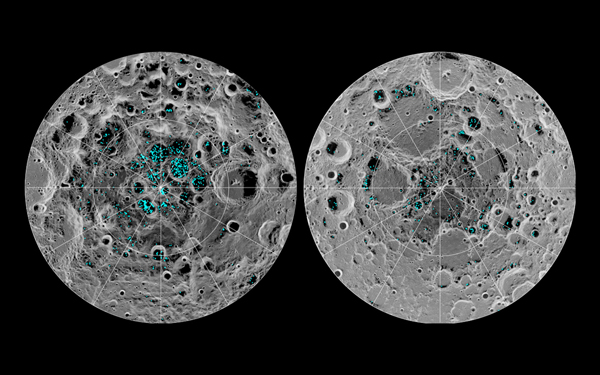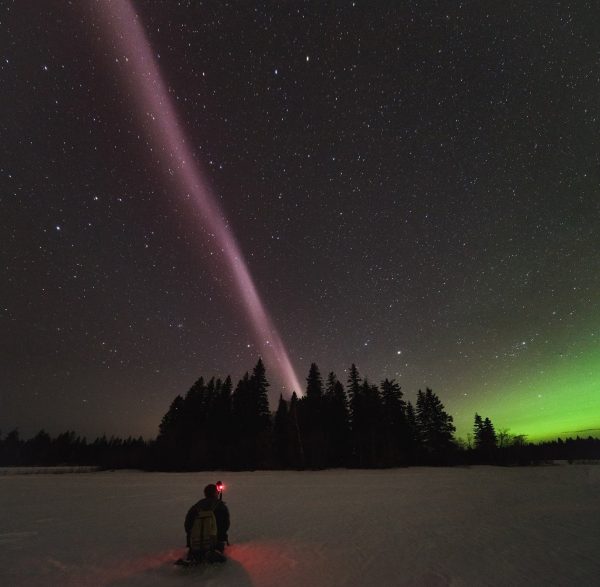SPACE: There’s Ice on the Moon!
Scientists have detected the first-ever evidence of frozen water on the moon, on the darkest and coldest parts of the lunar surface. While prior analysis of the moon hinted at some ice reserves, this is the first time that ice has been observed at the north and south poles — and the signs of water ice are “direct and definitive,” according to a new study. Researchers peered at suspected icy patches using an instrument called the Moon Mineralogy Mapper (M3), which used the near-infrared spectrum to pinpoint the signature activity of ice molecules interacting with infrared light. This helped the … Read more












